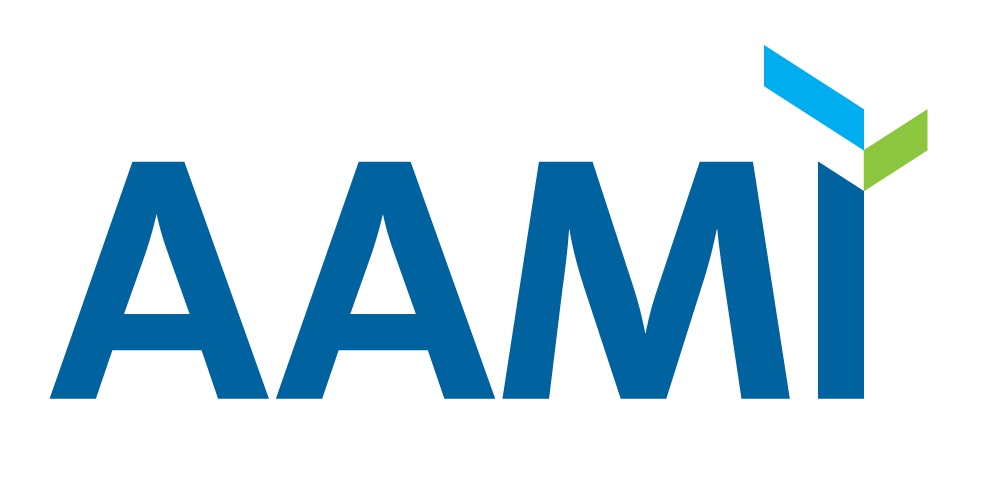AAMI Standards
More about Standards
Standards, TIRs, and other documents are developed by more than 200 technical committees and working groups representing a wide variety of stakeholders in the health technology industry including: manufacturing, testing, distribution, servicing, academia, healthcare institutions, clinicians, and governmental agencies.
AAMI is an accredited standards development organization by the American National Standards Institute (ANSI) which signifies that the procedures we use to develop American National Standards meet ANSI's essential requirements for openness, balance, consensus, and due process.
AAMI also administers numerous international technical committees of the International Organization for Standardization (ISO) and the International Electrotechnical Commission (IEC) and is accredited by ANSI to administer 18 U.S. Technical Advisory Groups that develop and coordinate U.S. positions on ISO and IEC standardization activities.
AAMI Standards Department- Staff Introductions
Our Standards Philosophy
AAMI’s standards philosophy is grounded in the principle that standards should only be developed when there is clear need and that there should be at most one product/process and one standard, worldwide. Learn more.
Standards Monitor
Stay up to date and get the latest activity in the world of standards delivered to your inbox by subscribing to our Standards Monitor Online newsletter.
Frequently Asked Questions
Got a question? We've got answers. Review our full set of FAQs here. If you can't find what you are looking for, please fill out our question form below and we'll get back to you.
PLEASE NOTE: While AAMI staff can provide general assistance in identifying appropriate resources to address inquiries, we are not healthcare technology experts; we cannot and will not provide interpretations of AAMI standards or guidance beyond what is addressed in the standards, and we will not provide advice on the application of standards content to particular practices or situations. Any general information provided should not be considered a substitute for expert or legal advice.
